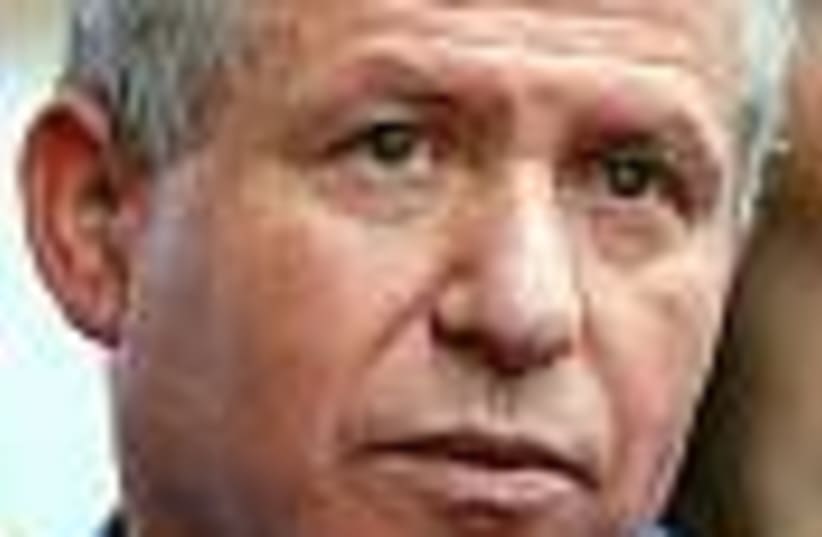| More about: | Ariel Sharon, Hosni Mubarak, Ehud Olmert, Israel |
From secret service to public service
Shin Bet chief-turned-politician has gone from targeted killings to targeting voters.


| More about: | Ariel Sharon, Hosni Mubarak, Ehud Olmert, Israel |